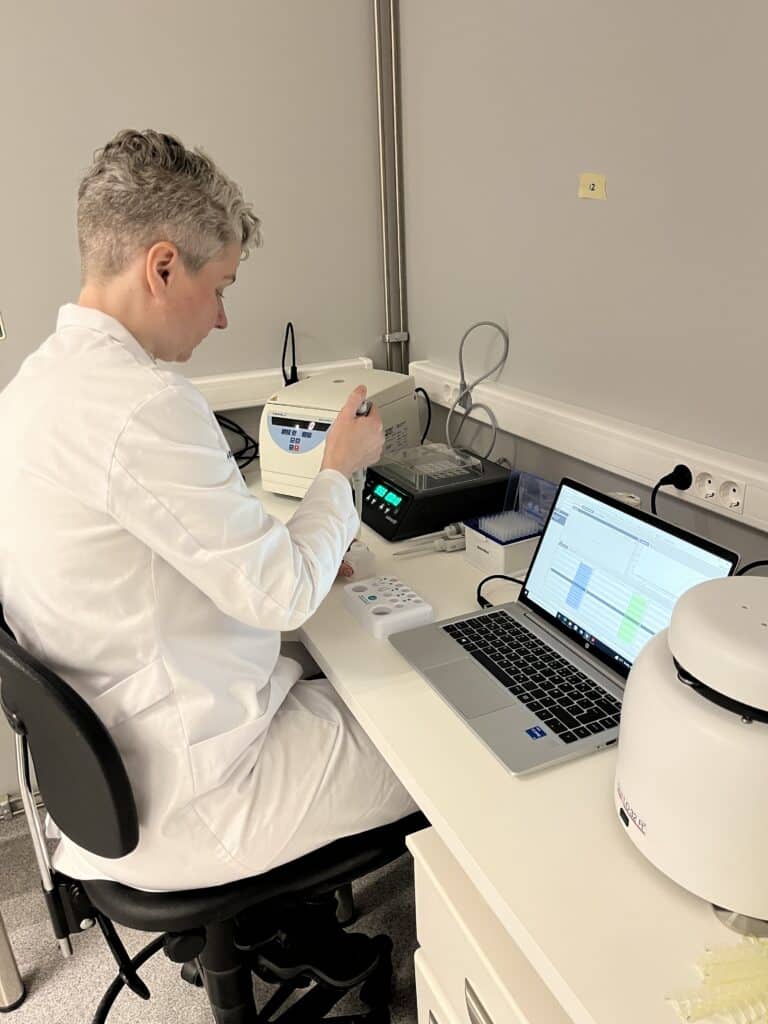Matís in Neskaupstað recently started measuring Salmonella and Listeria monocytogenis by PCR method. In the past months, efforts have been made to offer new, fast methods for microbial measurements in food and feed using PCR technology as well as rotamine measurements in flour. "We are happy to report that the introduction of this technology greatly increases the service we can provide to our customers," says Stefán Eysteinsson, station manager.
With this method, it is possible to process samples faster and better, but it is only necessary to pre-cultivate Salmonella for 24 hours and Listeria for two days in a traditional bacterial medium before performing a PCR test.
"The total analysis time for Salmonella is therefore shortened from 4 days to 1 day and for Listeria from 6 days to 2 days."

This means that it is possible to detect bacteria in samples earlier and then react appropriately.
Rotamines (biogenic amines) have been used in recent years as certain indicators of the quality of flour, and the fishmeal industry in the region has called for it to be possible to carry out rotamine measurements at Matís' workplace in Neskaupstaður. With the arrival of an HPLC device at the facility, it will now be possible to measure rotamine in flour in Neskaupstaður. It is expected that the arrival of the device will shorten the waiting time for results and increase the variety of measurements in Neskaupstaður.
The adoption of these new methods at the Neskaupstað facility is a sign of the continued development of Matís in the countryside, but it is clear that these methods will be crucial for customers.
On this occasion, we at Matís in Neskaupstaðar would like to invite you to visit us on Wednesday, March 6 at 16:00, at Múlann, Bakkavegi 5.
It would be great to see as many of you as possible. Please confirm your arrival and expected number by entering your name and email address here!

